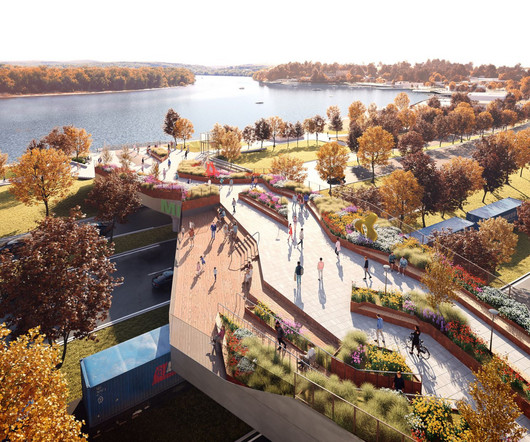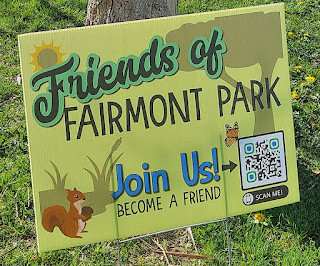National Library Week, April 23-29
Rebuilding Place in Urban Space
APRIL 27, 2023
Campaigns all across the US, in conservative areas, to ban books. Many years I write an omnibus piece covering a bunch of issues, including library architectural and programmatic design, and what we might call current affairs. The two biggest issues these days are: 1.












Let's personalize your content